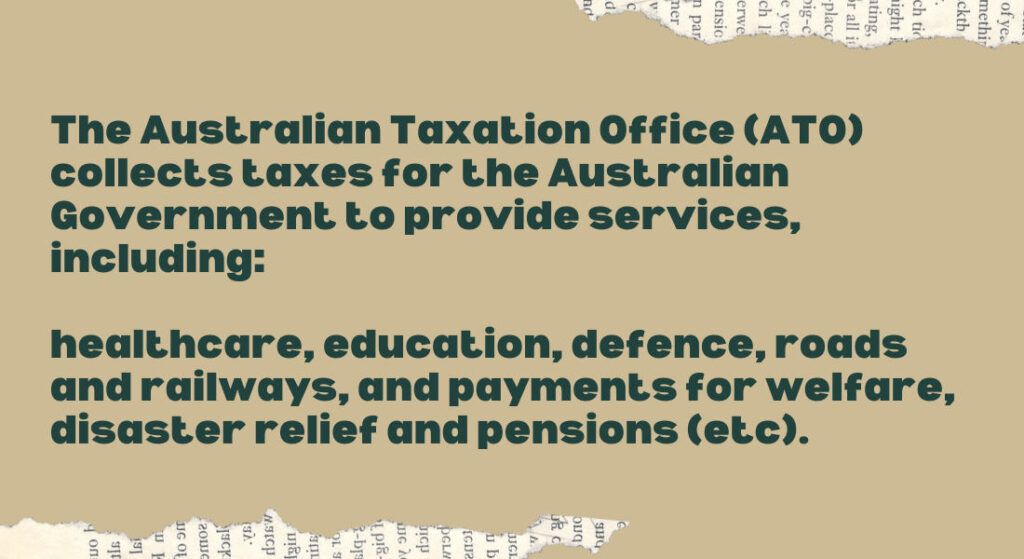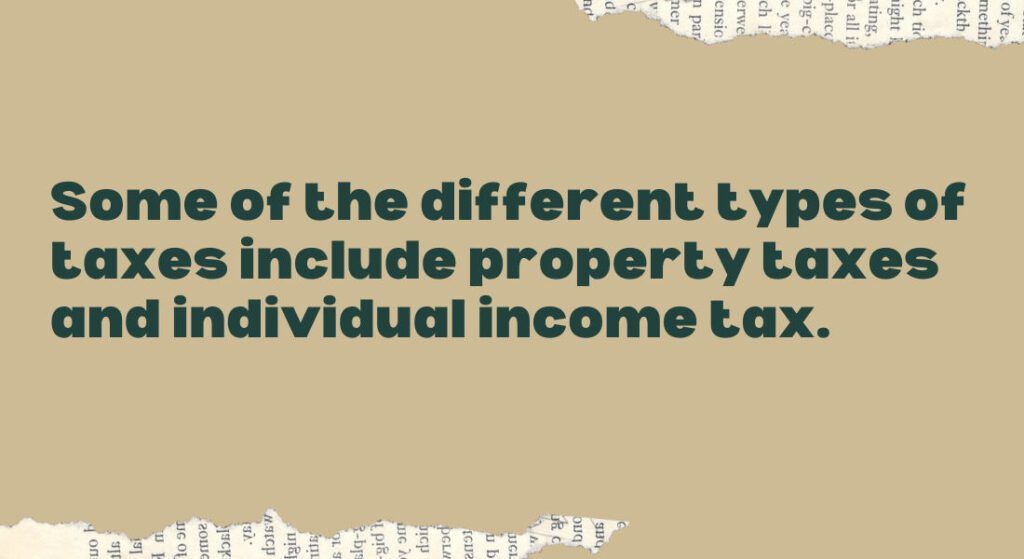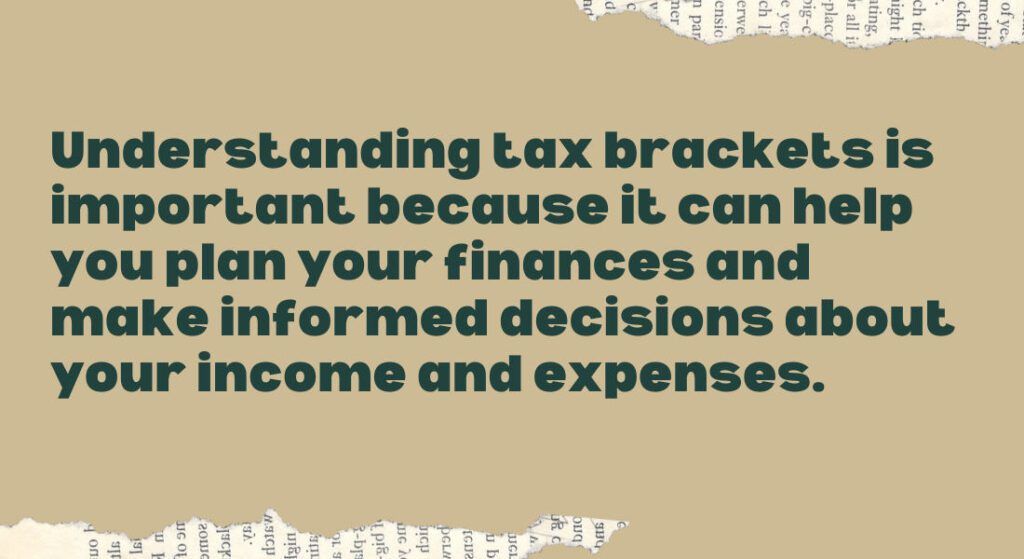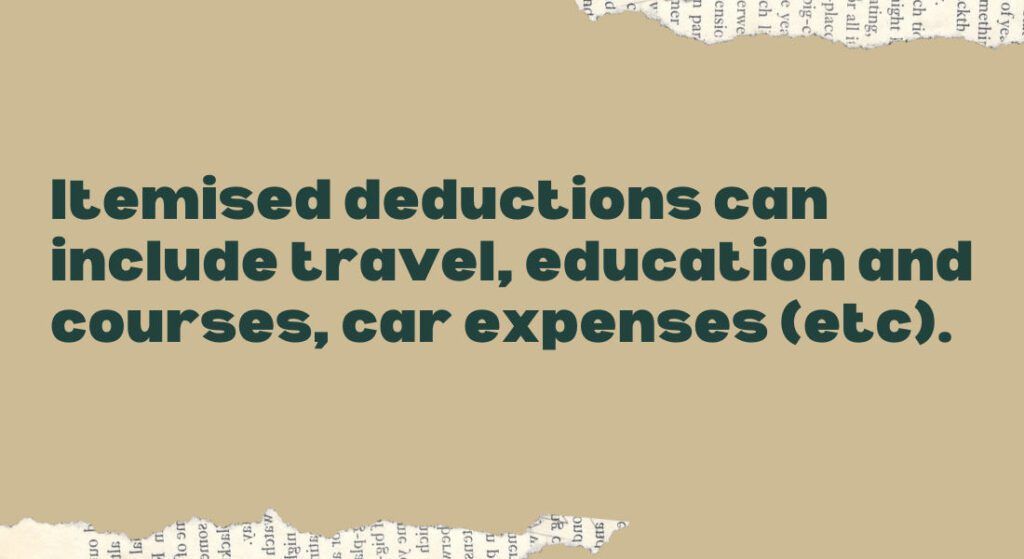What is Tax Income? A Quick Beginner's Guide
By Martin Hurley
Updated June 2023
We may receive a commission on purchases made through links on this page.
Tax income is a crucial part of personal finance, but it can be confusing to understand.
In this beginner's guide, we'll break down what tax income is, how it works, and why it's important for you to understand.
Whether you're a first-time taxpayer or just looking to brush up on your knowledge, this guide covers most things you need to know.

What is taxable income and why is it important?
Tax income is the money that individuals and businesses pay to the government based on their income, profits, and other financial activities.
This money is used to fund government programs and services, such as healthcare, defence, education, and infrastructure (like highways, public transport, railways, etc).
Understanding tax income is important because it affects your personal finances and the overall economy.
By paying your fair share of taxes, you contribute to the common good and help ensure that everyone has access to essential services and resources.

Different types of taxable income and how they are calculated
There are several types of income taxes, including income tax, payroll tax, sales tax, property tax, and corporate tax.
Income tax is the most common type of tax that individuals pay, and it is calculated based on your income and tax bracket.
Payroll tax is a tax that employers withhold from their employees' paychecks to fund social security and Medicare.
Sales tax is a tax on goods and services that is added to the purchase price.
Property tax is a tax on real estate, and it is based on the value of the property.
Corporate tax is a tax on the profits of businesses, and it is calculated based on the company's income and tax bracket.

Understanding tax brackets and how they affect your income
Tax brackets are a way of categorising income levels for the purpose of calculating income tax.
The United States has a progressive tax system, which means that the more you earn, the higher your tax rate.
Tax brackets are divided into income ranges, and each range has a corresponding tax rate.
For example, if you earn between $9,876 and $40,125 in 2020, your tax rate is 12%.
Understanding tax brackets is important because it can help you plan your finances and make informed decisions about your income and expenses.

Deductions and credits that can lower your tax bill
While tax brackets determine the amount of income tax you owe, there are also deductions and credits that can lower your tax bill.
Deductions are expenses that can be subtracted from your taxable (gross) income, reducing the amount of income that is subject to tax.
Some common deductions include mortgage interest, charitable donations, and medical expenses.
Credits, on the other hand, are dollar-for-dollar reductions in the amount of tax you owe.
Examples of tax credits include the Earned Income Tax Credit and the Child Tax Credit. It's important to take advantage of all available deductions and credits to minimise your tax bill.

Tips for filing your taxes accurately and on time
Filing your taxes accurately and on time is crucial to avoid penalties and interest charges. Here are some tips to help you stay on track:
1. Keep organised records of all your income and expenses throughout the year.
2. Use tax preparation software or hire a professional to help you file your taxes.
3. Double-check all your information before submitting your tax return.
4. File your taxes by the deadline, which is usually April 15th.
5. If you can't file by the deadline, request an extension to avoid penalties.
6. Pay taxes owed on time to avoid interest charges.
7. Review your tax return for any errors or discrepancies and correct them promptly.

